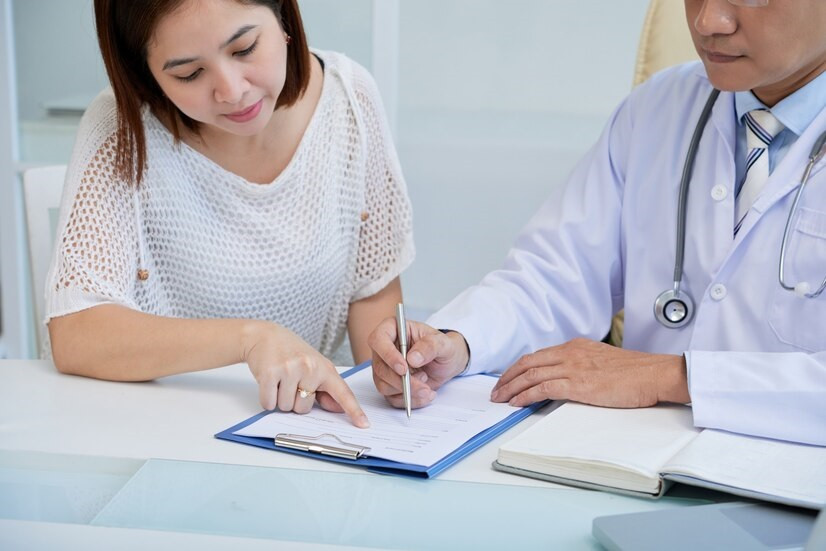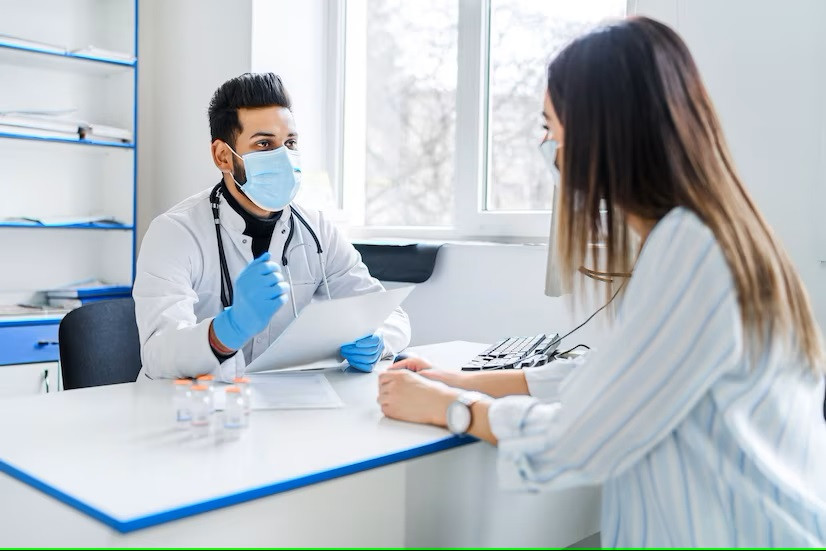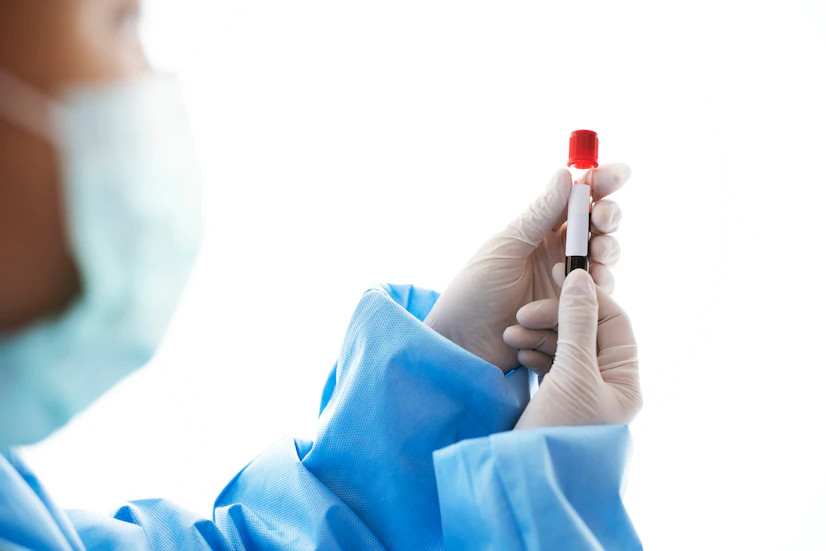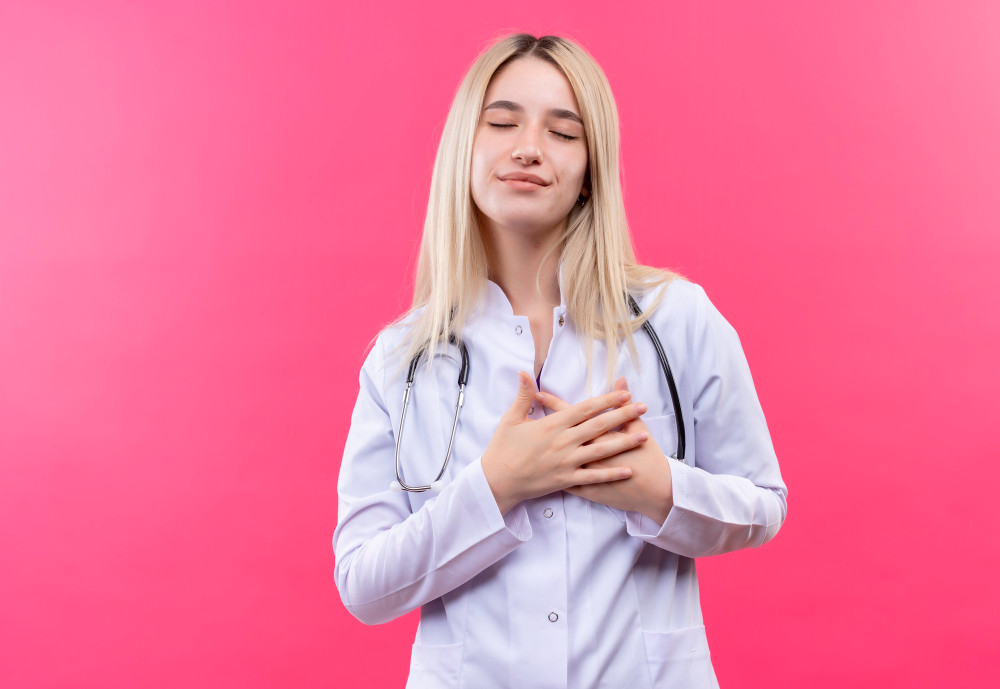Preventing cervical cancer and other HPV-related diseases is just one of several important benefits of the HPV vaccine. It is advised that both girls and boys in their teenage years get the HPV vaccine to protect them.
The pap smear is one of the most popular ways to screen for cervical cancer in its early stages. Pap smears are suggested because they have the ability to identify changes in cells that could indicate the early stages of cancer. Is a pap smear still necessary after getting the HPV vaccine?
How does the HPV vaccine protect you?
Multiple strains of the human papillomavirus (HPV) are known to cause cervical cancer, but the vaccine protects against all of them. At this time, Gardasil and Cervarix are the two most popular HPV vaccines on the market. Protect yourself from a variety of HPV strains with one of these two vaccine alternatives:
Gardasil Vaccine
The two most prevalent kinds of human papillomavirus (HPV) that cause cervical cancer are types 16 and 18, and Gardasil protects against them. The other two forms of human papillomavirus (HPV) that Gardasil protects against are types 6 and 11, which aren't associated with cervical cancer but can cause genital warts and other similar diseases.
Cervarix vaccine
Cervarix protects against HPV types 16 and 18 only. This vaccine is specifically designed to protect against the most common types of HPV that cause cervical cancer.
Who is recommended to get the HPV vaccine?
According to the World Health Organization, the recommended age range for receiving the HPV vaccine is between 9 and 14 years old, between 15 and 20 years old, or after the age of 21.
An HPV vaccination program targeting school-aged children is being considered by the government of the Republic of Indonesia as a means to lower the cervical cancer rate in the country. Therefore, schools can provide the first and second doses of the HPV vaccine to girls between the ages of 9 and 14.
Do you still need a PAP smear after receiving the HPV vaccine?
Regular pap smears are still necessary even after getting the HPV vaccine. Screening for cervical cancer and precancerous cell alterations is possible using pap smears. It is common practice to perform this treatment with a pelvic examination.
Though it may not protect against every strain of HPV, the vaccine does offer some protection against the most prevalent strains that cause cervical cancer. Thus, pap smears continue to be recommended for women beginning at the age of 21 because of their continued significance.
In general, the following are suggested frequencies for pap smears:
- Females between the ages of 21 and 65 require a recurrent pap examination every three years.
- A pap screening must be performed every five years on women aged 30 and older if it is performed together with an HPV test.
Women who have specific risk factors, such as a previous diagnosis of cervical cancer, exposure to diethylstilbestrol (DES) before birth, HIV infection, a weakened immune system due to organ transplantation, chemotherapy, long-term use of corticosteroids, or a history of smoking, should undergo pap smears more frequently, regardless of their age.
The frequency of pap smears may vary based on a person's medical history and specific risk factors. It is recommended to consult with your doctor in order to determine the most appropriate screening schedule based on your health state and risk factors.
If you have other questions regarding pap smears or cervical cancer, you can either visit a doctor or make use of the consultation features that are available in the Ai Care application by downloading the Ai Care application from the App Store or Play Store.
Looking for more information about other diseases? Click here!
- dr. Alvidiani Agustina Damanik
Mayo Clinic (2023). HPV vaccine: Who needs it, how it works. Available from: https://www.mayoclinic.org/diseases-conditions/hpv-infection/in-depth/hpv-vaccine/art-20047292
Cleveland Clinic (2023). HPV Vaccine. Available from: https://my.clevelandclinic.org/health/treatments/21613-hpv-vaccine
Mayo Clinic (2022). Pap smear. Available from: https://www.mayoclinic.org/tests-procedures/pap-smear/about/pac-20394841
Children's Hospital of Philadelphia (2021). Questions and Answers about HPV and the Vaccine. Available from: https://www.chop.edu/centers-programs/vaccine-education-center/questions-answers-about-hpv-and-vaccine
Cleveland Clinic (2022). HPV (Human Papillomavirus). Available from: https://my.clevelandclinic.org/health/diseases/11901-hpv-human-papilloma-virus
Kemenkes RI (2023). Vaksin HPV, Mencegah Kanker Leher Rahim dan Mewujudkan Generasi Sehat. Available from: https://ayosehat.kemkes.go.id/vaksin-hpv-mencegah-kanker-leher-rahim-dan-mewujudkan-generasi-sehat











